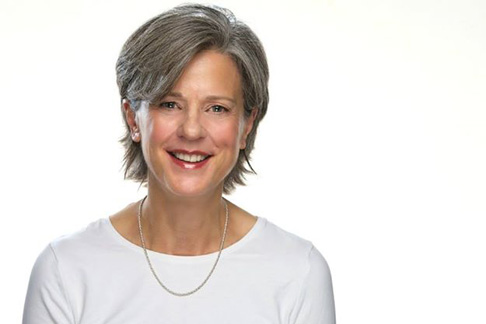
Theme: Beginning Again
Though traditionally Buddhists do not concern themselves with creation myths, this 19th century painting from Nepal presents Avalokiteshvara, the bodhisattva of compassion, as the creator of the world. He stands surrounded by various Hindu deities as he assigns them to different tasks for maintaining the universe. Along with being Avalokiteshvara, he is also Bunga Dya, a local deity associated with bringing the annual monsoons. Before the monsoons, Nepal becomes increasingly dry with the many plants withering away and animals hiding from the heat. Once the monsoon rains fall, everything comes back to life as it becomes time to plant rice for the fall’s harvest again. Both the creation of the world and the monsoons serve as reminders that even though during our meditation practice we may lose focus, we can always begin again
Image credit: Bunga Dya, Nepal, Dated 1842, Pigments on cloth, Rubin Museum of Art Gift of Shelley and Donald Rubin C2006.66.45 (HAR 100013)
Mindfulness Meditation Series
Himalayan practitioners have, for centuries, used meditation to quiet the mind, open the heart, calm the nervous system, and increase one’s ability to focus. Now, western scientists, business leaders, and the secular world have embraced meditation as a vital tool for brain health. Learn more
Presented in partnership with Sharon Salzberg and the New York Insight Meditation Center.


About the Teacher
Tracy Cochran is editorial director of Parabola, a quarterly magazine that for forty years has drawn on the world’s cultural and wisdom traditions to explore the questions that all humans share. She has been a student of meditation and spiritual practices for decades and teaches mindfulness meditation and mindful writing at New York Insight Meditation Center and throughout the greater New York area. In addition toParabola, her writing has appeared in The New York Times, Psychology Today, O Magazine, New York Magazine, the Boston Review, and many other publications and anthologies. For more information please visit tracycochran.org.
